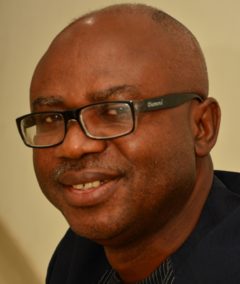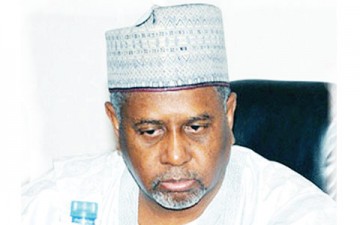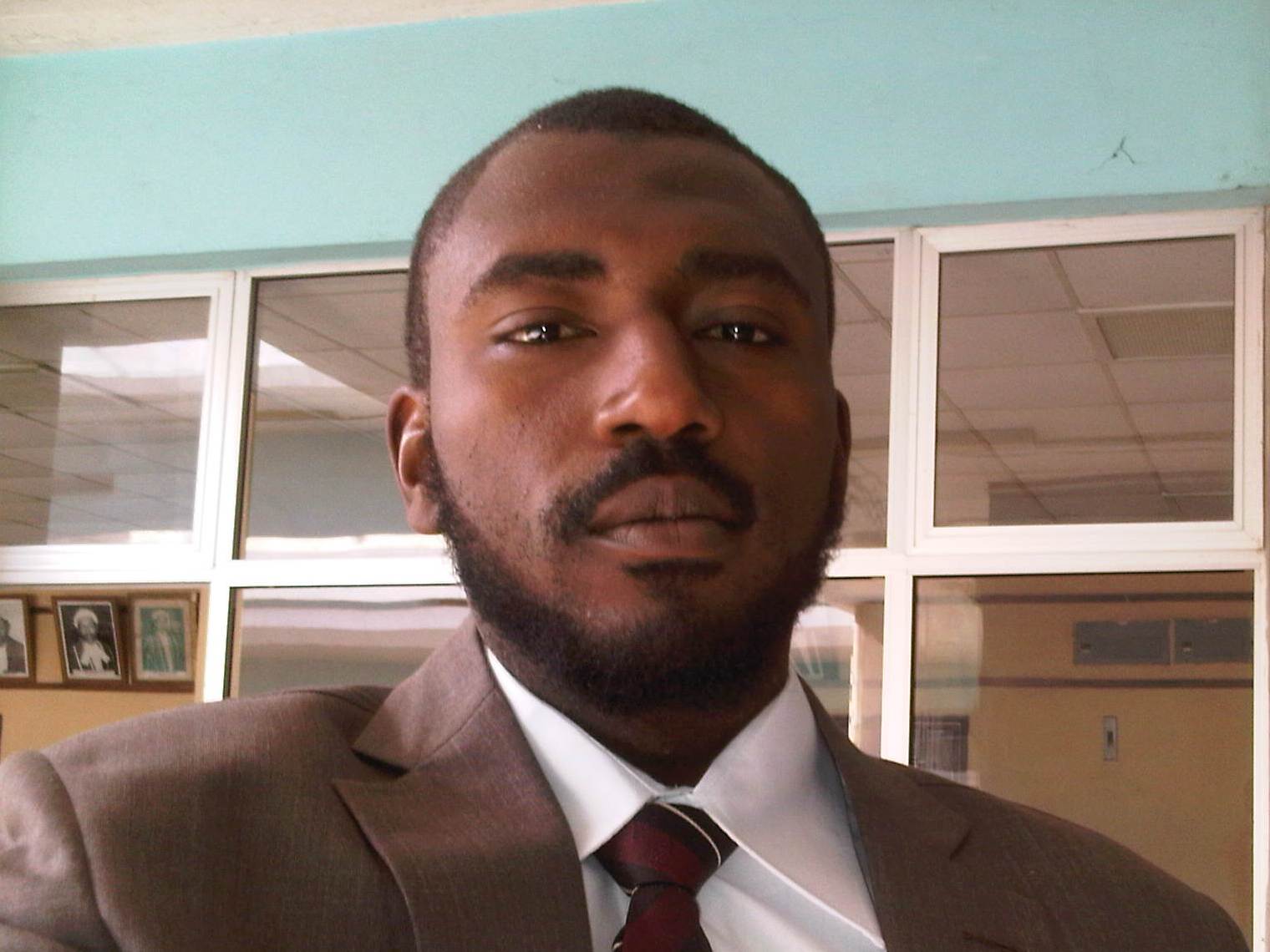By Aniebo Nwamu
As I write this, INEC chiefs are meeting with the chairmen and secretaries of Nigeria’s political parties. A pronouncement expected at the end of the meeting will shift or retain the February 14 date for the presidential and national legislative elections. But I have gathered that INEC chairman Professor Attahiru Jega may bow to the wishes of those who seek to plunge this country into another major crisis by shifting the polls to March 28 or April 4.
The current issue of Eyeway magazine makes clear why the kingmakers are engineering a deadlock. As always, it’s not about the nation’s interest but their selfish interest. Licences for oil blocks are due for renewal this year, the head of state holds all the aces, and neither President Jonathan nor Gen. Buhari appears friendly enough.
I thought Professor Jega would stand up to them. I thought he would still go ahead with the elections, no matter their imperfections. That Jega could succumb to this blackmail shows how powerful the clique that has held Nigeria by the jugular is. I know, however, that the INEC chairman couldn’t have yielded to the threats to sack him. Everyone knows the near-impossibility, with the opposition APC and its media nearby. He would be quietly moved during a standoff most likely to follow the polls now to be organised in March or April. By then, in fact, he should have started his terminal leave or he would be reminded that it’s time to go.
All the supposed problems invented to shift the polls will still be there in April: non-collection of voter cards, non-delivery of card readers, Boko Haram in the north-east. Can’t we see the conspiracy of the local and foreign manipulators? Why is it that the multinational forces required to rout Boko Haram are only beginning to work just a few days to the elections? Where have they been in the last five years?
It would be convenient for the thieving clique to be assured of a crisis similar to the one generated on June 23, 1993. Certain judges and lawyers are already salivating! By the time we reach a deadlock with “inconclusive” elections, the judiciary would, as usual, step in to “elect” our leaders. Where time failed to permit corrupt judges to hand out injunctions, the next thing would be an interim government made up of “eminent” personalities. We have passed this road before.
So, I would be disappointed if Jega accepted to shift the date by even one week. And it would be more honourable for him to resign after declaring the results of the presidential election than resign before the polls. This is Jega’s moment.
No apology for shifting or cancelling the polls is acceptable. We have had four years to prepare for free and fair polls. Millions of Nigerians have already relocated to their home states in preparation for February 14; postponing the polls would worsen their misery. Businesses would suffer incalculable damage. And let me remind Jega and his commissioners: many will not bother to pick up their cards anymore on hearing that the polls have been postponed; many will destroy or throw away their PVCs; those that have not sought voter cards will congratulate themselves on being vindicated.
Head or tail, the oil block seekers and government contractors would still have their way. They should have it fast so we would know what else to do. Stability is important in deciding what to do with no fewer than 70 million youthful jobseekers or 170 million impoverished Nigerians at a time of oil price and naira collapse.
We have copied the American presidential system without copying Americans’ way of doing things. Who would, for instance, change the dates for America elections? Even an unborn child knows that the next general elections will take place in the first week of November 2016 and that a new president of the United States will be sworn in on January 20, 2017. Who would tamper with the wishes of the American voters expressed in the ballot? Only in Nigeria do cliques (local and foreign) form to decide the fate of 180 million people.
President Jonathan has one last chance to etch his name in silver, if not in gold. The constitution empowers him to remain as president up until May 29. If I were him, I would consider relying on Section 64 (2) of the constitution to extend the tenure of my government by four months. During the period, I would implement the recommendations of the National Conference, especially as they pertain to six geopolitical zones and rotatory presidency. The centre would become weak. Each zone would then elect or select its leaders to be sworn in on October 1 (our National Day). I would not offer myself for election into a weak central government, nor would the vice-president.
That is what this column has been proposing for the past one year. Nobody seems to have listened because only those in government “understand” the right thing to do. But we have seen where the wise ones have brought us. Needless to say, I won’t be one to prop up a failed government.
#
They Can’t Pass Even NECO Exam
In its early days, the National Examinations Council (NECO) used to rescue Nigerian secondary school leavers who failed their WASC exam. You could see a boy who got two passes in WASCE scoring seven credits in the NECO exam of the same year. But the trend has changed in the last four or five years. NECO has just released the results for November/December 2014 showing that 31 per cent of the candidates passed. This is an improvement on the preceding year’s results: in 2013 only 28.6 per cent crossed the threshold of credits in five subjects including English language and Mathematics.
What this means is that NECO is matching up to WAEC. And, as a nation, we have become comfortable with 70 per cent of our kids failing their school certificate exams. Does this worry anybody? About 1, 500, 000 candidates now sit for the UTME administered by JAMB each year; of the lot, fewer than 400, 000 enter tertiary institutions. The rest join the job market that hardly admits any. Does this worry anyone?
The people that should worry are busy setting up schools and making quick money. But, one day soon, market forces would set in. Our children would understand that it’s all 419 – and they would rebel against the schools and the education system. The craze for certificates would end.
My advice: before it gets too late, let us authorise “roadside” welders, mechanics, electricians, medicine makers and sellers, liquor producers, soap makers, fish farmers and others to award diploma or even degree certificates to their trainees. Regulators like the National Universities Commission, JAMB and WAEC as well as the existing tertiary institutions won’t like this. But we all know why. By the time oil finishes or becomes worthless, the day of reckoning would surely come.
#














